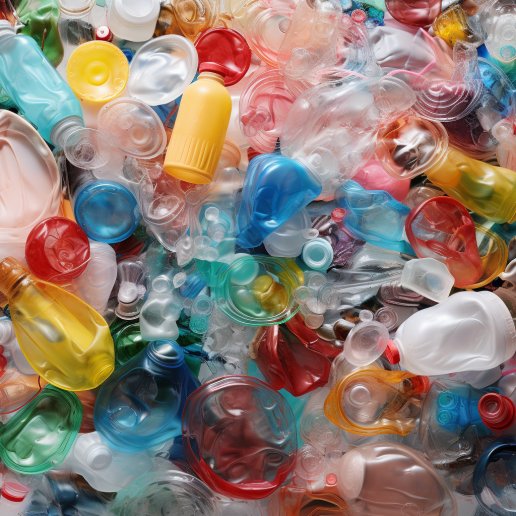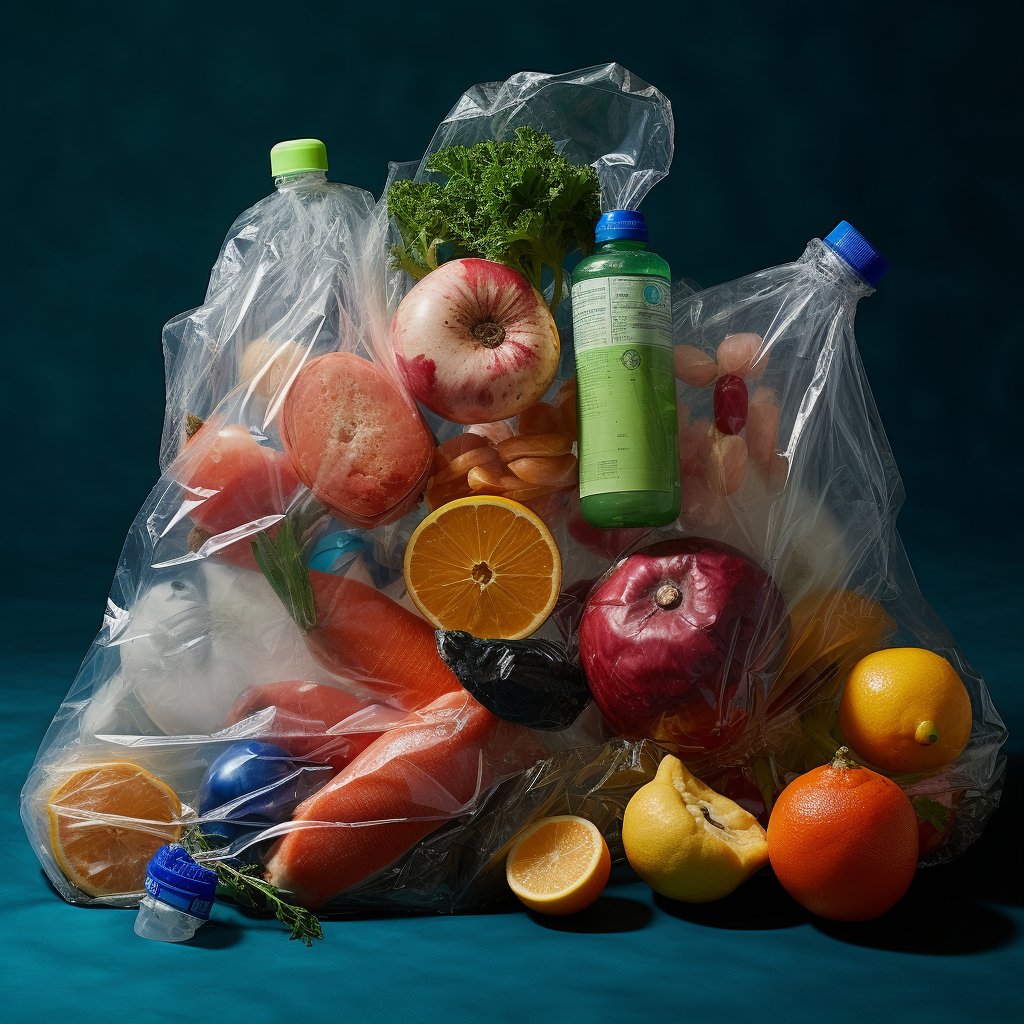Recycling is an essential process to reduce waste and promote sustainable development. Plastics are one of the most significant sources of waste globally, and India has introduced a set of rules for the manufacture and usage of recycled plastics. We will explore these rules, including their implications for the plastics industry and the broader recycling sector.
In recent years, India has taken significant steps to address the growing problem of plastic waste and pollution. One of the most notable measures has been the implementation of the Recycled Plastics Manufacture and Usage Rules in India. These rules mandate the use of recycled plastics in various applications and have helped create a market for recycled plastics in the country.
Recycled Plastics Manufacture Rules in India
The Government of India introduced the Recycled Plastics Manufacture and Usage Rules in 1999. The rules provide guidelines for manufacturing, using, and disposing of recycled plastics in India. The primary objective of these rules is to promote the use of recycled plastics and reduce the amount of plastic waste generated.
Under the rules, manufacturers must use at least 25% recycled plastic to produce certain plastic products, including carry bags, containers, and packaging films. Additionally, manufacturers must obtain a registration certificate from the Central Pollution Control Board (CPCB) to produce recycled plastic products.
The rules also prohibit producing and selling certain types of plastic products, including non-recyclable and single-use plastics. These products include plastic cups, plates, and straws, among others.

Usage Rules for Recycled Plastics in India
In addition to the manufacturing rules, India has introduced several usage rules for recycled plastics. These rules are intended to promote the use of recycled plastics in various applications.
One of the most significant applications of recycled plastics in India is in the construction industry. Recycled plastic products, including roofing tiles, paving blocks, and fencing posts, are used as building materials. These products have proven to be durable and cost-effective, making them an attractive alternative to traditional building materials.
Recycled plastics are also used in the packaging industry. The use of recycled plastics in packaging materials, including bags, bottles, and containers, has increased in recent years. Recycled plastic packaging materials are cost-effective and provide a sustainable alternative to traditional packaging materials.
Consumer Product Examples
Several consumer products in India use recycled plastics as a raw materials. One example is the EcoGanesha project, which uses recycled plastic to create eco-friendly Ganesh idols. The project aims to reduce the amount of waste generated during the Ganesh Chaturthi festival.
Another example is the GreenWave initiative, which uses recycled plastic to create modular furniture. The furniture is lightweight, durable, and cost-effective, making it an attractive alternative to traditional furniture.
Material Properties
Recycled plastics have properties that make them attractive to various industries. These properties include durability, flexibility, and low cost. Additionally, recycled plastics are environmentally friendly, reducing the amount of waste generated and promoting sustainability.
Future Trends in Recycling
The use of recycled plastics is expected to increase in the coming years as more industries adopt sustainable practices. India is expected to significantly contribute to this trend, with the government promoting the use of recycled plastics through various policies and initiatives.
How Recycled Plastics Manufacture and Usage Rules in India methods impact the market
Recycled plastics manufacture and usage rules in India have significant implications for the plastic industry, recycling sector, and the global market. In this section, we will discuss the impact of these rules on market price developments, global impact, and future market prognosis.
Market Price Developments
The introduction of recycled plastics manufacture and usage rules in India has significantly impacted the market price developments of recycled plastics. The minimum requirement of 25% recycled content in certain plastic products has increased the demand for recycled plastics. This has increased the price of recycled plastics, making them more profitable for recyclers and manufacturers.
Additionally, the ban on producing and selling certain types of plastic products has increased the demand for alternative materials, including recycled plastics. This has increased the price of alternative materials, making recycled plastics a more cost-effective option for manufacturers.
Global Impact
Recycling is a global issue, and the introduction of recycled plastics manufacture and usage rules in India has significantly impacted the global market. India is one of the largest consumers of plastic products globally, and the introduction of these rules has increased the demand for recycled plastics globally.
The increase in demand for recycled plastics has led to increased production of recycled plastics globally. This has led to an increase in the availability of recycled plastics and a decrease in their price, making them a more attractive option for manufacturers globally.
The impact of Recycled Plastics Manufacture and Usage Rules in India around the world
The Recycled Plastics Manufacture and Usage Rules in India have not only impacted the country but have also had a significant impact on the rest of the world. In this section, we will discuss the environmental and economic impacts of these rules worldwide.
Environmental Impact
The environmental impact of the Recycled Plastics Manufacture and Usage Rules in India has been positive both domestically and internationally. These rules have helped reduce plastic waste and pollution by mandating the use of recycled plastics. India is one of the largest contributors to plastic waste globally, and these rules have helped address this issue by promoting the use of recycled plastics.
Moreover, the rules have also helped in conserving natural resources. Using recycled plastics has decreased the need for virgin materials, resulting in the conservation of natural resources like oil, gas, and water. This positively impacts the environment by reducing the extraction of these resources and their associated environmental impacts.
Additionally, the rules have helped reduce greenhouse gas emissions by promoting the use of recycled plastics over virgin materials. The production of virgin plastics is a significant contributor to greenhouse gas emissions, and by using recycled plastics, these emissions can be reduced.
Economic Impact
The economic impact of the Recycled Plastics Manufacture and Usage Rules in India has been significant, both domestically and internationally. The rules have created new opportunities for the recycling industry and led to new markets for recycled plastics.
The demand for recycled plastics has increased, resulting in higher prices for recycled plastics. This has provided an economic incentive for recyclers and manufacturers to invest in recycling infrastructure and technologies, creating new jobs in the recycling sector.
Moreover, the rules have also positively impacted the economy by reducing the dependence on imported virgin materials. By promoting the use of recycled plastics, the country can reduce its reliance on imported virgin materials, leading to savings in foreign exchange.
Furthermore, the rules have helped promote the circular economy, leading to increased efficiency and productivity in the economy. By promoting the use of recycled plastics, the rules have helped reduce waste and conserve resources, leading to a more sustainable and efficient economy.
Recycled Plastics Manufacture and Usage:
The Recycled Plastics Manufacture and Usage Rules in India have significantly impacted promoting recycling and reducing plastic waste in the country. Through the mandated use of recycled plastics in various applications, the rules have created a market for recycled plastics, leading to increased efficiency and productivity in the recycling sector. While there is still room for improvement, the rules have helped move India towards a more sustainable and circular economy. It is important to continue working towards a future where plastic waste is minimised and a circular economy is prioritised.
As India continues to make progress towards a more sustainable and circular economy, individuals and organisations need to play their part in reducing plastic waste and promoting recycling. Consider implementing sustainable practices in your daily life, such as reducing single-use plastic consumption, properly segregating plastic waste, and supporting businesses that prioritise environmental sustainability.






